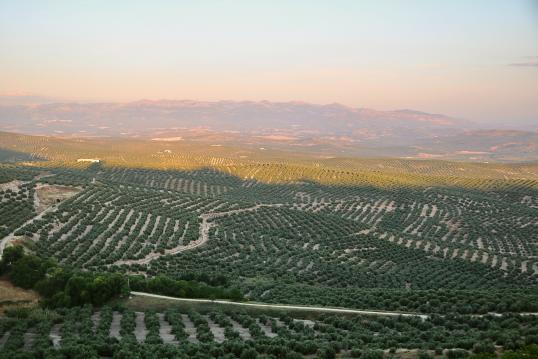The reduced VAT rate for agricultural inputs aims to reduce the production costs for farmers and increase competitiveness by reducing the VAT rate on seeds, fertilisers, organic residues, herbicides, pesticides, and crop plastics. The reduced tax rate for agricultural inputs is 10% compared to the standard VAT rate of 21%. Similar subsidies exist in Austria, Belgium, Bulgaria, Croatia, Cyprus, France, Ireland, Italy, Poland, Portugal, Romania and Slovenia.
The subsidy increases the affordability of fertilisers and pesticides, incentivising their use and leading to higher production levels. The budgetary impact of the subsidy was EUR 290 million in 2020. If the subsidy were abolished, it would increase the fertiliser and pesticide costs for farmers by around 10%, decreasing their use by 3.2%.
The environmental impacts caused by the subsidy are increased GHG emissions, use of resources, soil degradation, surface water and groundwater pollution, biodiversity loss and increased levels of chemicals in agricultural runoff. The abolishment of the subsidy would reduce the use of fertilisers by 73,000 tonnes and the use of pesticides by 2,600 tonnes. It would also lower nitrogen oxide emissions by 1,300 tonnes and ammonia emissions by 2,400 tonnes.
The National Association of Fertiliser Manufacturers has previously expressed rejection of potential reforms of the VAT rate for fertiliser products. A tax increase would aggravate the price of products and negatively affect their consumption. The reduction in fertiliser use would lead to a decrease in agricultural production and the profitability of farms. In 2020, the Bank of Spain proposed reviewing all products taxed with reduced VAT rates to increase the revenue due to public debt and deficit caused by the COVID-19 pandemic. The reform will include a reduced VAT rate on agricultural inputs. Options for reform that could be considered include lump-sum compensations, the reduced VAT rate for fertilisers and pesticides with lower environmental impact, and support for efficiency.
More information on the reduced VAT rate for agricultural inputs and other candidates for reform in Spain and other Member States can be found in the country case studies and factsheets compilation.

